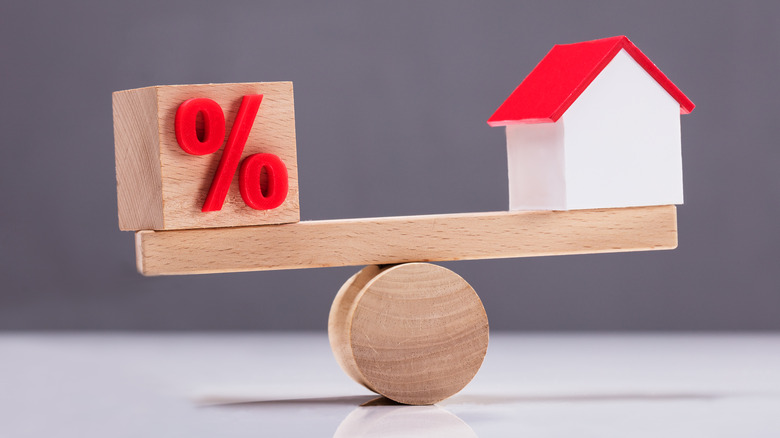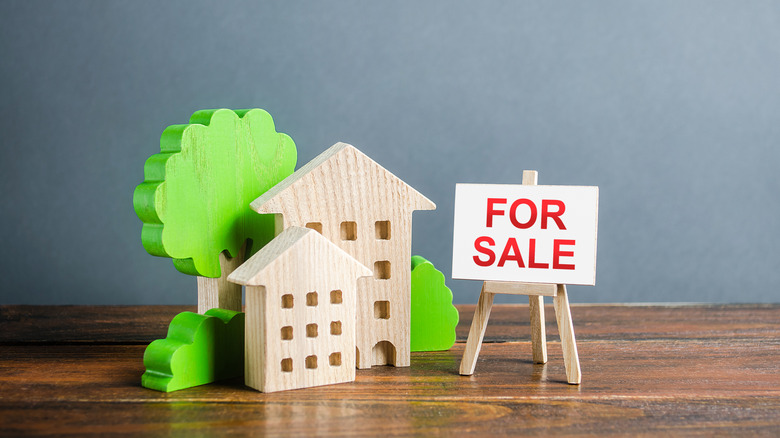Increasing Rates Create Substantial Downshift For Home Sales
After an absolutely wild run of housing sales throughout 2021, at least one expert is indicating housing sales will fall directly because of increasing interest rates. In a late March interview with CNBC's 'The Exchange,' Ian Shepherdson, founder and chief economist of Pantheon Macroeconomics, discussed his take on why home sales will be slowing down in 2022.
Shepherdson indicated mortgage applications have been falling for months and that the trend is the market's response to a hefty increase in interest rates. He explained how in September 2021, the standard 30-year mortgage rate hovered around 3% but is now approaching 5% percent, and more, housing prices have risen in the past eight months, making overall affordability an issue. He indicated that consumers are noticing the rate increase and are projecting that their monthly house payments will increase as well. Shepherdson also said that consumers are walking away from the housing market with no end in sight at this point.
Inventory woes
Inventory of available houses is at an all-time low, a phenomenon noted by many real estate industry observers. Fortune recently quoted data from the Federal Reserve that said the dramatic fall of the housing market since 2020 has seen the inventory halved.
Shepherdson told CNBC that the market's single-family suburban home category had seen a "massive surge" in terms of interest and demand. The stumbling block is that inventory is at a historic low, with less than a 60-day supply. The National Association of Realtors described a "60-day supply" as the estimated number of days to sell every house currently on the market, considering the current rate of sale. The economist indicates this is why prices have spiraled upward without restraint. He cautioned, however, that home price increases of 16% to 18% are not sustainable, and to slow down the white-hot market, the number of available houses needs to increase.
Slower market, stronger market
Shepherdson indicated that current conditions -– low inventory and ultra-high prices -– leave the market ripe for a rise in interest rates. His take is echoed by The Street, which stated that purchase demand has lowered recently but is still exceeding expectations in the current shortage of available homes on the market. The National Association of Realtors' numbers agree -– home sales decreased in February, for the fourth consecutive month. Pending home sales slipped in February, marking four consecutive months of transaction decreases.
Fortunately, Shepherdson does not see a collapse of the housing market similar to what occurred in the mid-2000s, citing that the current market does not have a leverage boom, nor does it have adjustable-rate mortgages so prevalent in 2006. He indicated, however, that a deceleration of sales has to occur when rates rise quickly. He added that the housing market will have to endure a period of rest and readjustment after such a wild period of insatiable demand for single-family homes.


